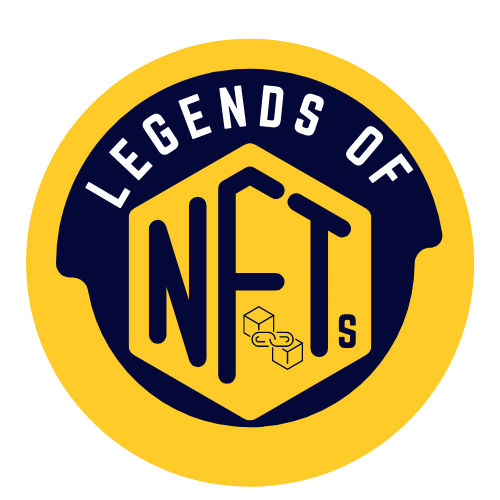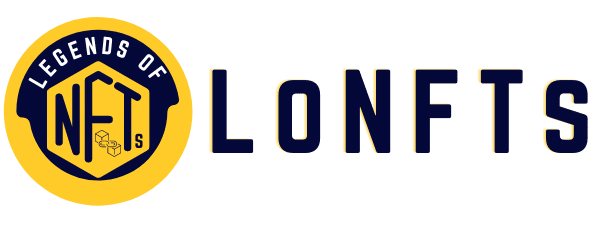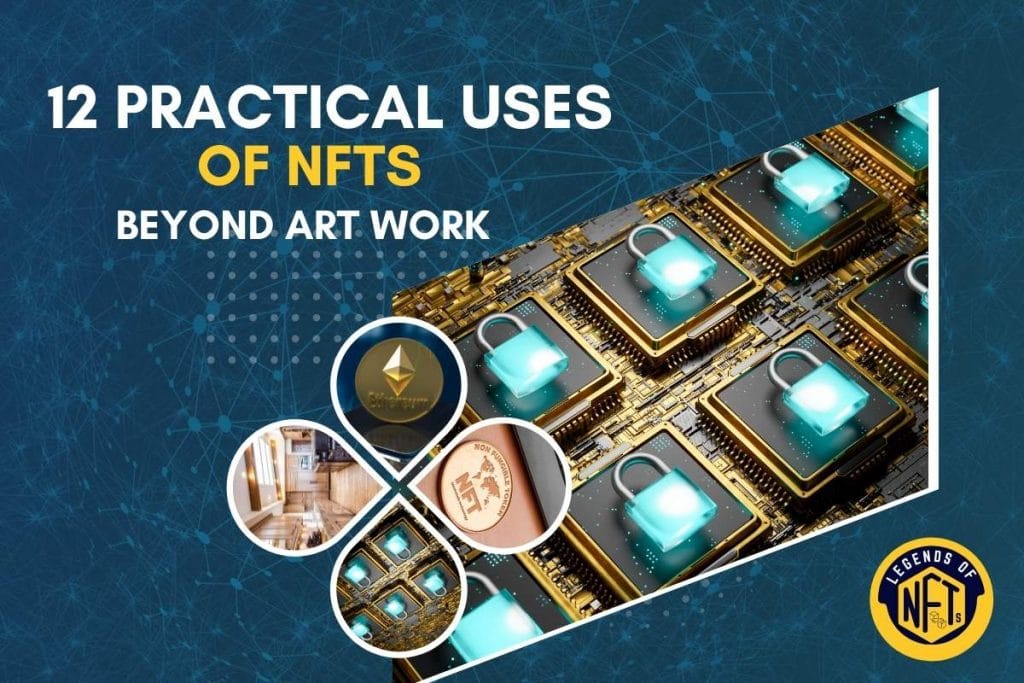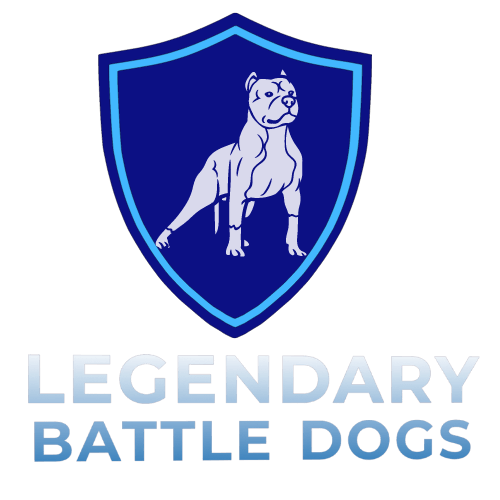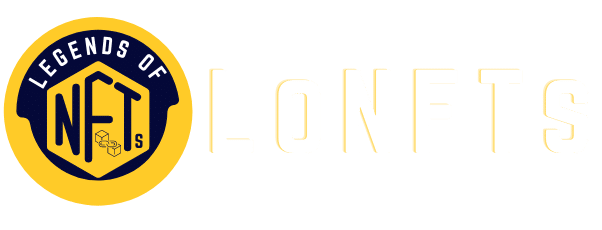NFTs, or non-fungible tokens, are a relatively new kind of digital asset that hold unique properties. Unlike traditional digital assets such as bitcoin or ether, NFTs can be used to represent unique items or experiences. This has led to a wide range of applications for NFTs, from digital artworks to online gaming currencies.
Learn more about NFTs in our detailed article here.
Here are 12 practical uses of NFTs beyond digital artworks:
Ensuring Authenticity of Products
In a world where fake goods are becoming increasingly common, luxury brands are turning to blockchain technology to help protect the authenticity of their products. By tagging each product with a unique non-fungible token (NFT), companies can create a digital record of provenance that is tamper-proof and immutable. This not only helps to deter counterfeiting, but also allows brands to build trust with customers by providing transparency into the origins of their products. As luxury goods continue to migrate online, NFTs are emerging as an important tool for protecting the integrity of high-end brands.
Real Estate
NFTs, or non-fungible tokens, are a type of cryptocurrency that allows for the ownership of digital or physical assets to be tracked on a blockchain. This makes NFTs ideal for tracking real estate ownership, as each property could be represented by a unique NFT. This would make it much easier to transfer ownership of property, as well as keep track of all transactions. In addition, NFTs could be used to create smart contracts that automate the process of buying and selling property. As a result, NFTs have the potential to revolutionize the real estate industry.
Medical Records and Identity Verification
As the world increasingly moves online, the need for secure data storage solutions has never been greater. Hospitals and clinics generate a vast amount of data every day, from medical records to x-rays and MRI scans. This data is essential for providing quality care, but it is also sensitive and must be protected from tampering and unauthorised access. One way to achieve this is by using NFTs (non-fungible tokens). NFTs are digital tokens that are unique and cannot be replicated. This makes them ideal for storing and managing medical records. By assigning each patient a unique NFT, hospitals and clinics can create a tamper-proof record of all treatments and procedures. In addition, NFTs can be used to verify the identity of patients.
Intellectual Property and Patents
In today’s business world, intellectual property is one of the most valuable assets a company can have. Whether it’s a new product design, a proprietary manufacturing process, or a patentable invention, intellectual property can give a company a significant competitive advantage. However, intellectual property can also be very costly to develop and protect. Patent applications, in particular, can be extremely expensive to file and maintain. Blockchain technology offers a new way to protect intellectual property and patents. By registering patents on a blockchain, companies can create an immutable record of ownership that is tamper-proof and easily verifiable. In addition, patents can be traded on a blockchain, allowing companies to monetize their intellectual property in a secure and trustless environment. As more and more businesses turn to blockchain technology, NFTs are likely to play an important role in the protection of intellectual property.
Academic Credentials
In recent years, there has been a growing trend of using NFTs (non-fungible tokens) to represent various kinds of assets. From digital art to in-game items, NFTs have proved to be a versatile and popular way to store and trade value. Now, it appears that NFTs are also beginning to gain traction as a way to represent academic credentials. NFTs can provide proof of attendance, degree earned, and other important information which will be stored on the NFT chain that cannot be altered or hacked into. This could potentially revolutionize the way that employers verify applicants’ qualifications, as well as making it easier for individuals to keep track of their own educational accomplishments. In addition, NFTs can be used to create digital degrees which can be displayed on a resume or online profile.
Supply Chain
The blockchain is a public ledger that records all transactions. This means that whenever a product changes hands, the transaction is recorded on the blockchain. NFTs can be attached to a product, giving it an NFT identifier that cannot be tampered with. This gives customers insight into what they are spending money on as well as maintaining transparency. In addition, NFTs can also give companies the ability to track their products from manufacturing through shipping and delivery. This would allow for more informed customer purchases as well as providing data that could help streamline production. Consequently, the implementation of NFTs has the potential to revolutionize supply chain management.
Learn More about Blockchain technology and how it works here.
Voting
One of the most important aspects of a democratic society is the right to vote. This right allows citizens to have a say in how their country is run and who represents them. However, voting can be expensive and time-consuming, especially if done manually. Blockchain technology offers a new way to vote that is secure, efficient, and tamper-proof. By using NFTs to represent votes, blockchain voting can be done quickly and easily without the need for paper ballots or physical polling stations. In addition, blockchain voting can be done online, making it accessible to anyone with an internet connection. This could potentially revolutionize the way that elections are run and could have a major impact on democracy around the world.
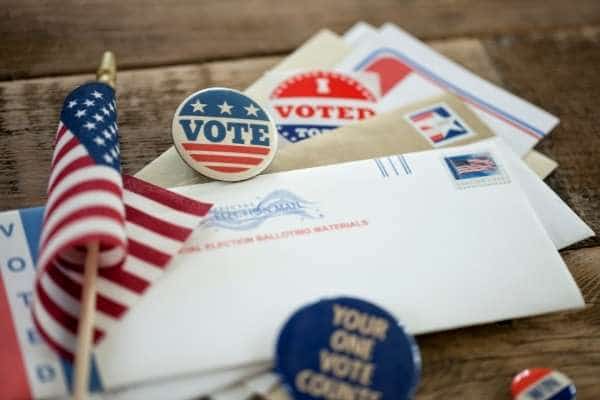
Gaming Industry
In a world where almost everyone is connected by the internet, it’s no surprise that gaming has become one of the most popular pastimes. People of all ages and from all walks of life enjoy playing video games, and the industry shows no signs of slowing down. With the recent rise of NFTs, or non-fungible tokens, there’s been a lot of interest in how they could be used in the gaming industry. And it makes perfect sense: NFTs are digital assets that can be stored on a blockchain, making them unique and scarce. This is ideal for games, which often have virtual items or characters that players want to own. By integrating NFTs into games, developers can create a new revenue stream and give players a more immersive experience. NFTs have the potential to revolutionize gaming, and it will be interesting to see how they are used in the future.
NFTs can also be used in games as game currencies. NFTs provide a more engaging gaming experience for players by giving them the ability to own in-game items that can be traded or sold. In addition, NFTs can be used to create scarcity, providing an incentive for players to collect rare items. As a result, NFTs have the potential to revolutionize the gaming industry by providing a more immersive and incentive-based gaming experience.
Loyalty Programs
In today’s competitive marketplace, businesses are always looking for ways to stand out from the crowd and build loyalty among their customer base. One common approach is to offer loyalty programs that provide rewards for repeat business. However, traditional loyalty programs can be costly and difficult to administer. NFTs offer a new way to create loyalty programs that are more engaging and offer more value to customers. By using NFTs, businesses can create customized programs that are tailored to their specific needs. Additionally, NFTs provide a more efficient and cost-effective way to administer loyalty programs. As a result, businesses that adopt this technology will be well-positioned to build loyalty and grow their customer base.
Virtual Collectables
In recent years, virtual collectables have become increasingly popular, as more and more people have begun to collect items in online games and social media platforms. These collectables can take many different forms, from digital art to virtual pets. One of the challenges of collecting virtual items is that they are often not easy to keep track of or store securely. This is where NFTs come in. NFTs, or non-fungible tokens, are a type of cryptocurrency that can be used to represent ownership of digital assets. With NFTs, collectors can own unique items that they would not be able to get any other way. In addition, NFTs can be stored securely on a blockchain, ensuring that they cannot be lost or stolen.
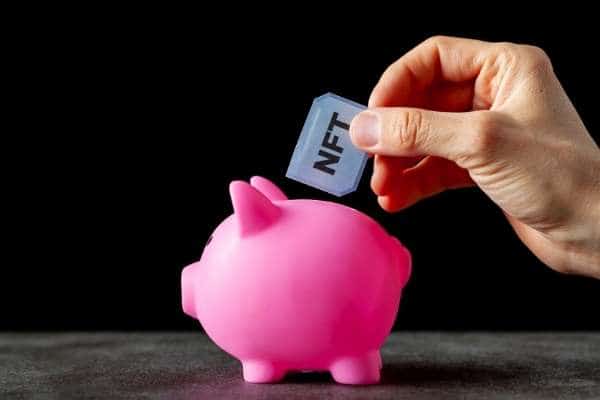
Tickets and Admission Passes
Tickets and admission passes have long been a target for fraudsters. With advances in technology, it has become increasingly easy to duplicate tickets and sell them online at inflated prices. This problem is compounded by the fact that many tickets are now sold electronically, making it even easier for fraudsters to copy and sell them. Businesses that sell tickets or offer admission to events have therefore been searching for ways to protect themselves from fraud. One promising solution is the use of NFTs. By using NFTs, businesses can ensure that tickets are unique and cannot be duplicated. This not only reduces the risk of fraud, but also allows businesses to offer discounts to customers who purchase tickets early, as there is no risk of the tickets being sold at a higher price later on.
Charitable Donations
Donating to charity is a great way to give back to the community, but it can be hard to know where your money is going. Traditional donation methods are often opaque, making it difficult to track how donations are being used. However, new technologies are beginning to change this. NFTs, or non-fungible tokens, can be used to make donations more efficient and transparent. With NFTs, donors can see exactly where their money is going and how it is being used. This helps to ensure that donations are being used effectively and efficiently. In addition, NFTs can help to track the impact of donations over time. This information can be used by charities to improve their donor relations and better target their fundraising efforts. As a result, NFTs offer a new way for charities to raise money and improve their operations.
Conclusion
There are many potential applications for NFTs, or non-fungible tokens. These tokens offer a new way to represent ownership of digital assets and can be used to create loyalty programs, virtual collectables, tickets and admission passes, and charitable donations. By using NFTs, businesses can reduce the risk of fraud, track donations, and improve their operations. As blockchain technology continues to evolve, it is likely that NFTs will play an even more important role in our lives. As a result, NFTs can offer a new way for businesses to interact with their customers and give back to the community.
Learn more about pros and cons of Investing in NFTs here.
